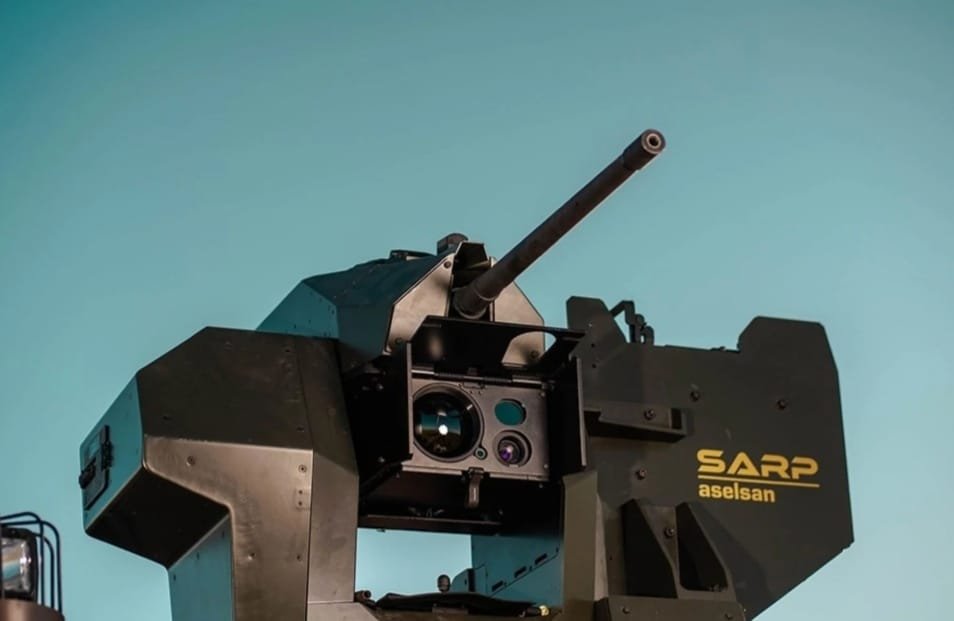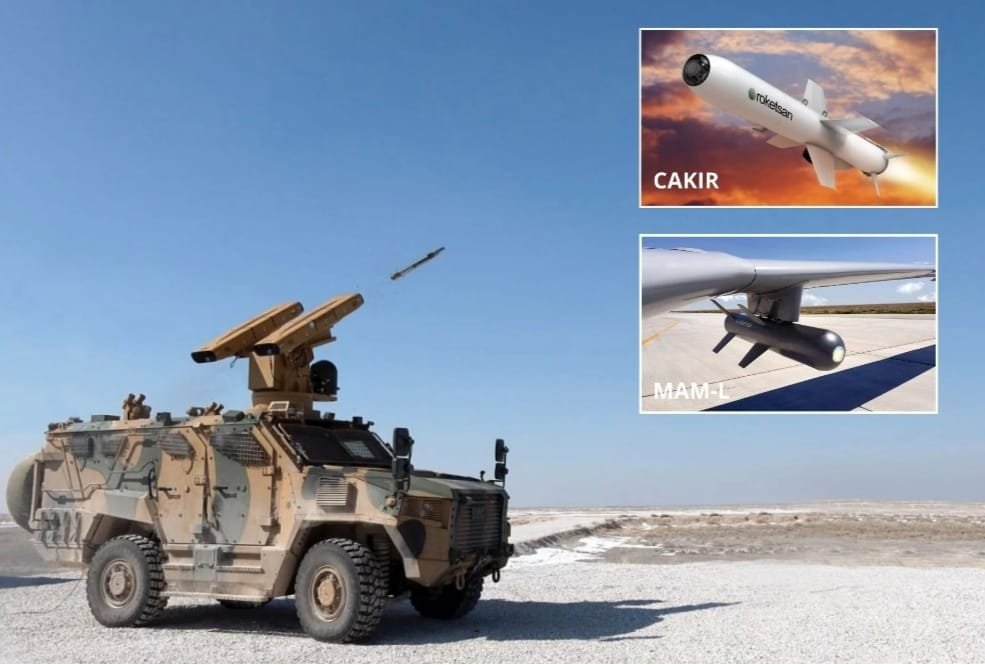
Türkiye and Indonesia Strengthen Defense Ties with Strategic Agreements on Defense Systems and Missiles
On August 27, 2024, Turkish defense companies Aselsan and Roketsan announced that they had signed strategic agreements with Indonesia under the leadership of Türkiye’s Presidency of Defense Industries (SSB). The signing took place in Jakarta, marking a significant step in the strengthening of defense ties between Türkiye and Indonesia. The agreements include the delivery of air defense systems, air defense missiles, and cruise missiles.
The agreements involve the transfer of a range of advanced defense technologies and systems. Aselsan will provide Indonesia with its Stabilized Advanced Remote Weapon Platform (SARP), the four-dimensional search radar “CENK,” a fire control system, and the company’s Data Link. Roketsan, another major Turkish defense company, will supply Indonesia with its “SUNGUR” air defense missile system, the “ÇAKIR” cruise missile, and the “MAM-L” smart micro munition.
The SARP system by ASELSAN is a remotely operated weapon platform designed for land-based platforms, combining precision reconnaissance and significant firepower. The Next Generation (SARP NG) version of this system is equipped with advanced features such as automatic target tracking, day/night imaging, and ballistic computation. It supports various weapon configurations, including a 12.7 mm machine gun, a 40 mm grenade launcher, or a 7.62 mm machine gun. SARP is particularly effective in asymmetric warfare scenarios, enhancing situational awareness and operator survival.
Roketsan’s SUNGUR air defense missile system is a short-range air defense solution designed to protect both mobile and stationary targets. It can be deployed on land and naval platforms, as well as integrated into unmanned aerial vehicles (UAVs). With a maximum range of 8 km and an altitude reach of up to 4 km, SUNGUR features a semi-armor-piercing explosive warhead and operates on a “fire-and-forget” basis, utilizing an infrared seeker for terminal guidance. The system is designed for quick response and is resistant to countermeasures.
The ÇAKIR cruise missile by Roketsan is a next-generation missile designed for deployment from various platforms, including fixed and rotary-wing aircraft, UAVs, and naval vessels. It boasts a range exceeding 150 kilometers and is capable of engaging a variety of surface and land targets. Equipped with advanced mid-phase and terminal guidance systems, including infrared and RF seekers, ÇAKIR is optimized for precision strikes under all weather conditions. Notably, it features swarm capabilities, allowing coordinated attacks with multiple missiles, enhancing its effectiveness against complex enemy defenses.
The MAM-L, or smart micro munition, is a lightweight precision-guided bomb designed for UAVs and light attack aircraft, optimized for air-to-ground missions. Weighing 22 kg with a range of up to 15 km, the MAM-L uses laser guidance and can carry various types of warheads, including armor-piercing, explosive, or thermobaric options. This versatility makes it effective against a wide range of targets, from main battle tanks to lightly armored vehicles and personnel. Its precision and efficiency make it a key tool in modern combat scenarios.
In addition to these transfers, memorandums of understanding were signed covering the provision of unmanned surface vehicles, tank modernization, and missile system maintenance. These agreements are part of broader efforts to enhance Indonesia’s defense capabilities through collaboration with Turkish companies.
Türkiye’s defense and aerospace industry has experienced significant growth over the past two decades, with export revenues increasing dramatically. From $248 million in 2002, the industry’s export revenues exceeded $1 billion for the first time in 2011. Last year alone, Turkish defense and aerospace companies generated record export revenues of $5.55 billion. The industry’s overall turnover has also increased, rising from just over $1 billion in 2002 to $12.2 billion in 2022. The number of projects undertaken by local companies has expanded from 62 in 2002 to over 1,000 by 2024.
This recent agreement between Türkiye and Indonesia represents another important step in the growing influence and capabilities of Türkiye’s defense sector on the global stage.


